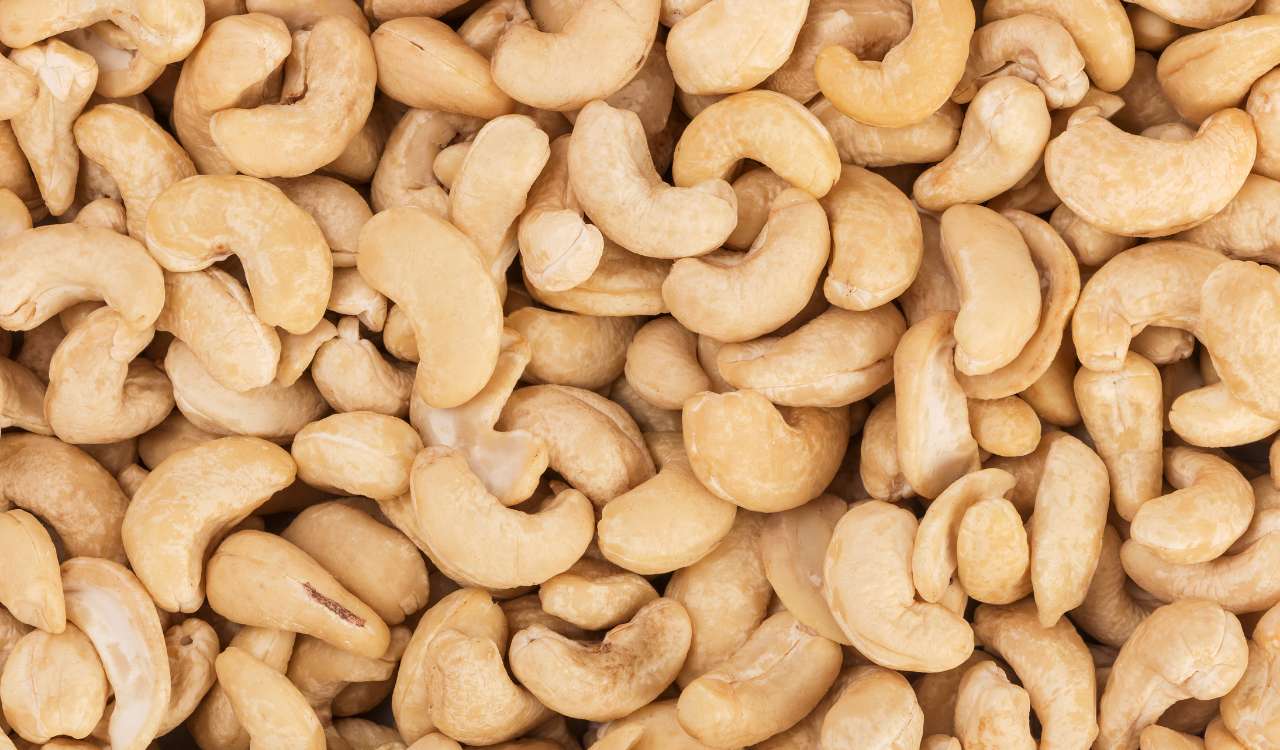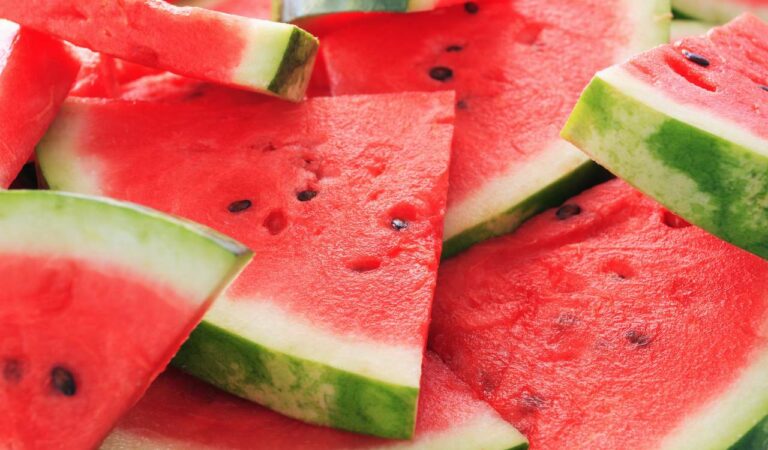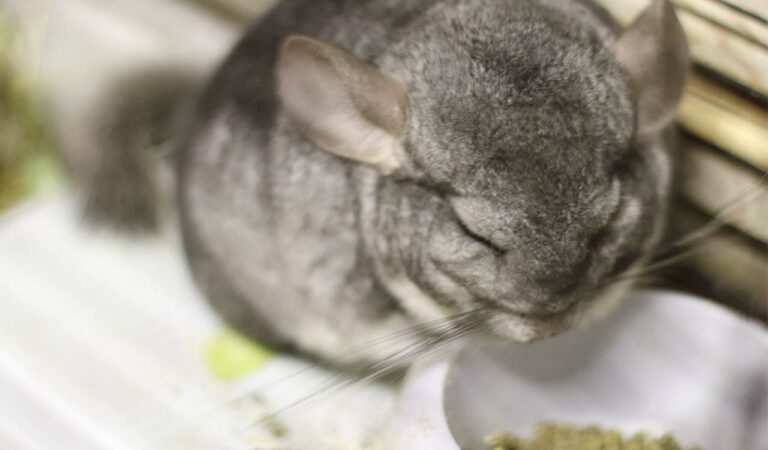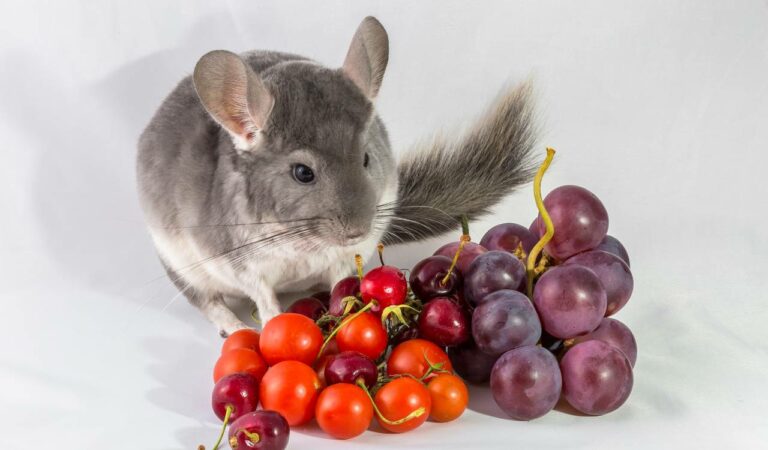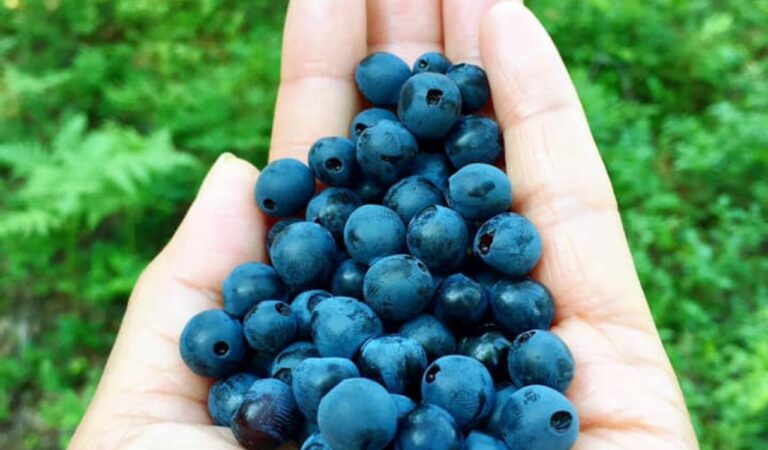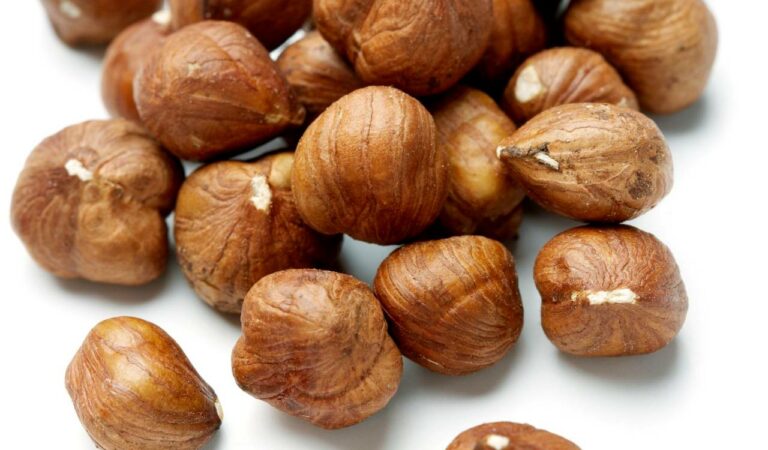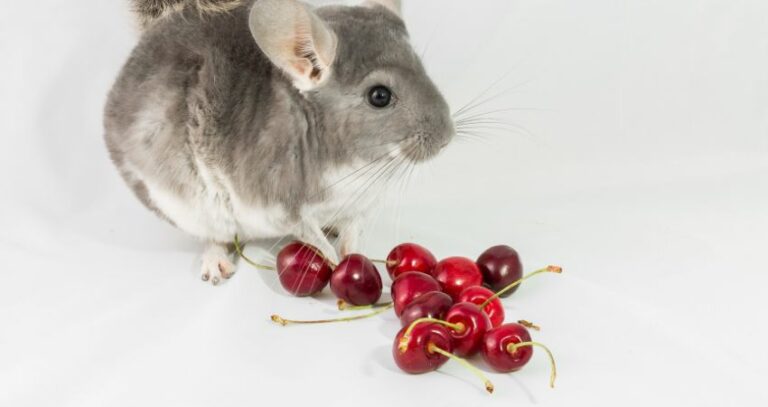Can Chinchillas Eat Cashews? (Reasons for Not Recommending)
When I got my first chinchilla I didn’t know much about their diet needs, and what treats to give them. So I fed them cashew, they loved it but it had an after-effect on them. As a chinchilla owner, you want to ensure your furry friend’s health and happiness.
One common question that arises is whether chinchillas can eat cashews. Yes, they can eat cashews. However, I don’t recommend feeding chinchilla cashews. This is because nuts and seeds are high in fat and protein, and they’re unsafe for your chinchillas.
Read on as we talk about the dietary needs of chinchillas and shed light on the potential risks associated with feeding them cashews. Also, with other relevant information regarding the chinchilla diet.
Overview Of Cashews, Nutritional Benefits, and Their Composition
Cashews are a type of nut that is high in calories and fat. They are also rich in nutrients, including vitamins, minerals, and healthy fats. Here is an overview of the nutritional composition of cashews.
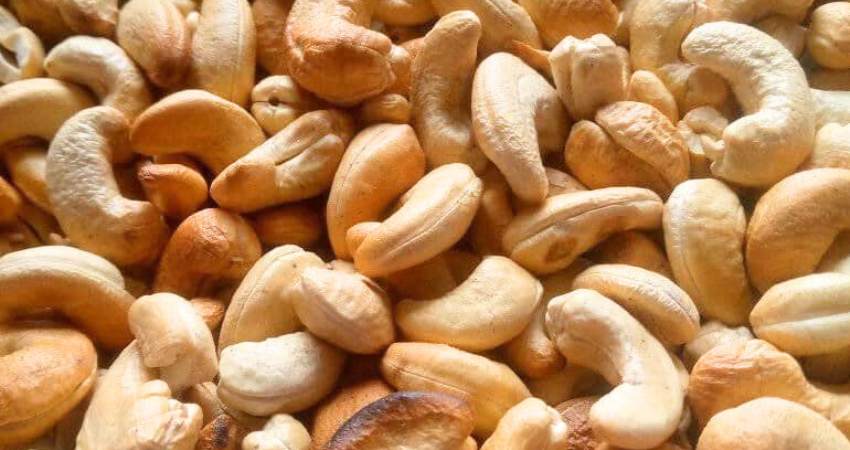
Here is a table summarizing the nutritional value of cashews per ounce (28 grams).
| Nutrient | Amount | Unit |
| Calories | 157 | Kcal |
| Protein | 5-5.2 | g |
| Fat | 12 | g |
| Carbohydrates | 8.6-9 | g |
| Fiber | 0.9-1 | g |
| Calcium | 10 | mg |
| Iron | 1.9 | mg |
| Magnesium | 20-83 | mg |
| Phosphorus | 168 | mg |
| Potassium | 187 | mg |
| Sodium | 3.4 | mg |
| Zinc | 1.64-15% of the daily value | mg |
| Copper | 0.6-69% of the daily value | mg |
| Manganese | 0.5-20% of the daily value | mg |
| Vitamin B6 | 0.1 | mg |
| Vitamin K | 8-9.7 | microgram |
| Folate | 25 | µg |
Description of Cashews (Anacardium Occidentale)
Cashews, scientifically known as Anacardium Occidentale, are a popular and nutritious tree. They are primarily cultivated in countries with suitable growing conditions, such as Brazil, India, Vietnam, Nigeria, and Ivory Coast. These kidney-shaped nuts are widely enjoyed around the world for their rich, creamy flavor and crunchy texture.
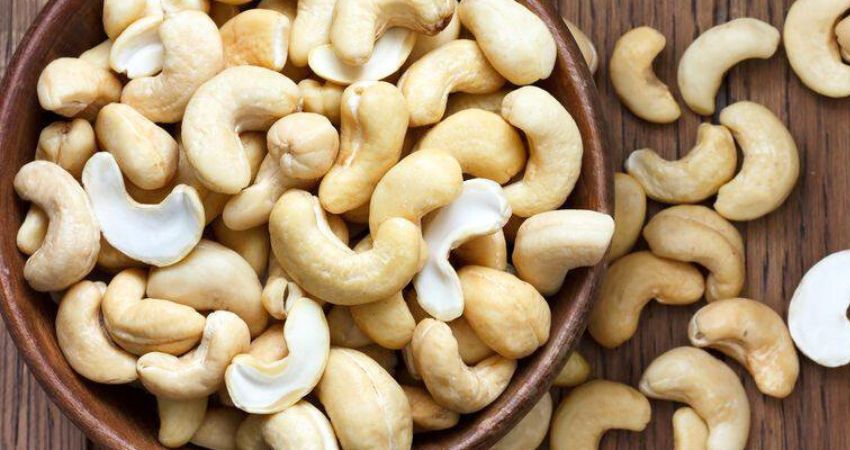
A study conducted by the World Agroforestry Center found that cashews are a good source of protein, fiber, and essential minerals like magnesium, copper, and zinc.
Interestingly, cashew nuts are not true nuts but rather seeds found at the bottom of a cashew apple. Cashew apples are pear-shaped fruits, ranging in color from yellow to red when ripe. They have a sweet and tangy taste with a soft, juicy texture.
Why Can’t Chinchillas Eat Cashews?
I don’t feed my chinchilla cashew because of the effects it has on them. So I don’t recommend feeding cashews or any other nuts to chinchillas because of the following reasons:
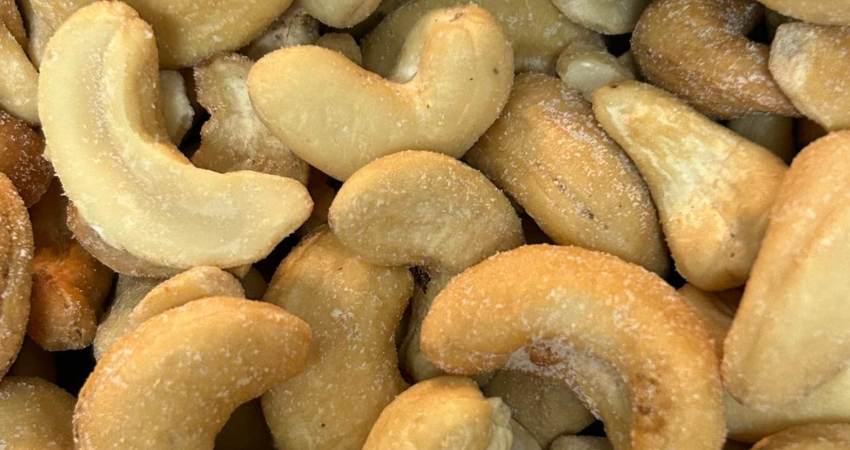
- Nuts and seeds have high fat and protein content and these two nutrients are not safe for your chinnie. This is because chinchillas are prone to obesity, and foods high in fat and protein can contribute to weight gain.
- Also, the high-fat content in nuts and seeds can potentially cause liver damage in chinchillas. The Chinchillas’ digestive system is delicate and foods high in fat can put a strain on their liver.
- Cashews are also toxic for chinchilla and can lead to gastrointestinal issues, such as upset stomach, diarrhea, or even more severe health problems.
- Additionally, they contain phosphorus, which can lead to calcium imbalance in their diet. It’s crucial to stick to a balanced diet of hay, pellets, and occasional treats. Some of these are specifically formulated for chinchillas to ensure their well-being and avoid potential health risks.
However, it is important to consult with a veterinarian for specific dietary advice for your chinchilla.
Alternatives To Cashews For Chinchillas
There are several safe alternatives to cashews that you can offer as treats to your chinchilla:
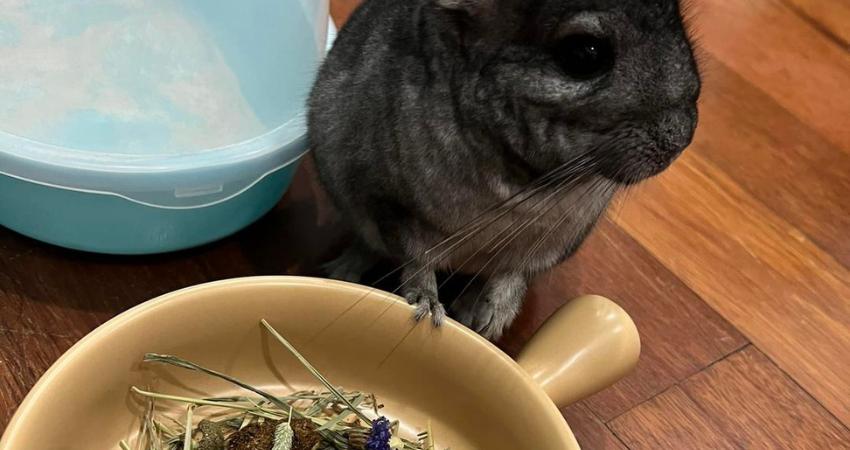
Almonds: Almonds are lower in fat than cashews, making them a better option as an occasional treat. Can chinchilla eat almonds in place of cashews? Of course, they can. Make sure to remove the outer shell before giving them to your chinchilla.
Pumpkin Seeds: Raw, unsalted pumpkin seeds are a good source of nutrients and can be offered as a treat. However, feed pumpkin seeds to chinchilla in moderation due to their fat content.
Sunflower Seeds: Like pumpkin seeds, sunflower seeds can be given chinchilla as an occasional treat. Ensure they are unsalted and limit the quantity due to their fat content.
Rose Hips: Dried rose hips are a chinchilla-safe treat and provide a good source of Vitamin C.
Dried Herbs: Chinchillas enjoy various dried herbs such as chamomile, rosemary, and parsley. These herbs are safe and can be given in small amounts.
Remember that treats should only make up a small portion of your chinchilla’s diet.
What Other Nuts Can Chinchilla Eat?
Can chinchillas eat nuts? I usually don’t feed my chinchilla nuts, however, there are some nuts that you can feed your chinnie but in moderation. For example almond nuts.
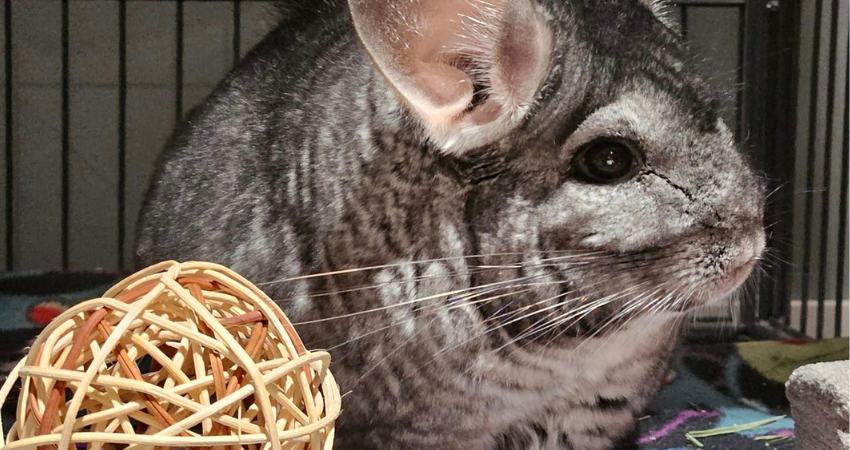
Also, can chinchillas eat hazelnuts? Yes, in very little proportion. But I don’t recommend feeding hazelnut to chinchilla, because it even has a higher fat content than cashew. For instance, in 28g of both cashew and hazelnut, cashew has a total fat of 12g while hazelnut has 18g.
So it’s not suitable for your chinnie. Furthermore, can chinchillas eat pecans? Yes, they can but in little quantities and should never be a staple diet for them. Pecans have very low fiber and are high in fat.
Wrapping Up
It’s crucial to prioritize the health and well-being of these crepuscular rodents. Cashews and other high-fat or inappropriate foods should be avoided in a chinchilla’s diet, as they can cause digestive issues and other health problems.
Instead, focus on providing a balanced diet for your chinchilla, which primarily includes high-quality hay and chinchilla-specific pellets. These will ensure they receive the necessary nutrients and promote dental health through natural teeth wear.
Offer occasional chinchilla-safe treats in small amounts to add variety and enrichment to their diet. Safe alternatives like almonds (in moderation), pumpkin seeds, dried herbs, and rose hips can be considered as treats.
Always consult with a veterinarian experienced in chinchilla care for specific dietary recommendations and any health concerns.
